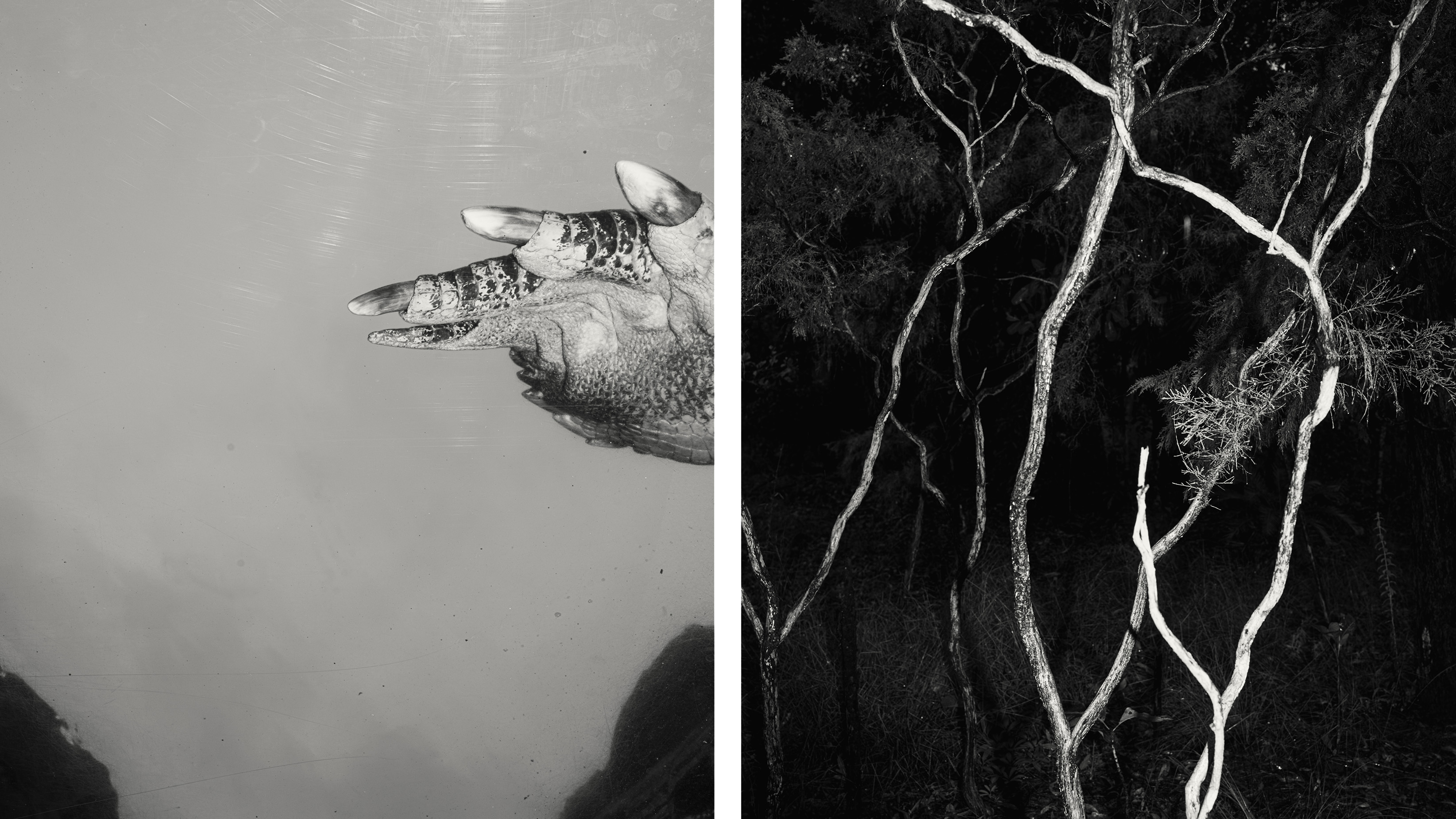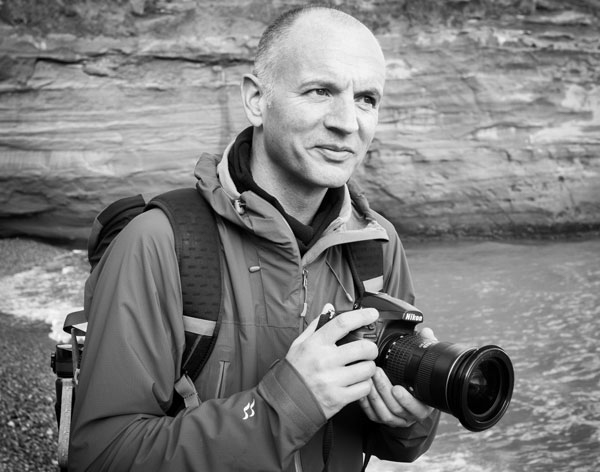

Benedict Brain is a UK-based photographer, journalist and artist. He is an Associate of the Royal Photographic Society and sits on the society’s Distinctions Advisory Panel. He is also a past editor of Digital Camera Magazine, and the author of You Will be Able to Take Great Photos by The End of This Book.
In the early summer, I started a Master’s program in photography, and by the late summer, I had also taken on a part-time role as a lecturer in photography at Nottingham Trent University. So I suddenly found myself simultaneously being a student and teacher, creating an interesting dynamic. As a consequence, I’ve found myself revisiting Roland Barthes’ seminal text Camera Lucida both in the classroom and in my MA studies.
It was a foundational text when I did my degree 30 years ago, but it has been good to look at it again.
Barthes talks about two elements in photographs: the studium and the punctum. The studium is our general interest and understanding of what the photo is about – like appreciating a landscape for its topography, light and composition. Then there’s the punctum, that special detail, often small or unexpected, that jumps out and really grabs the viewer’s emotion, a poignant detail that pierces or wounds the viewer. Of course, the ‘punctum’ will be different for different viewers and consequently opens the subject to potentially long and interesting philosophical debate – too much to cover in this short column.
I was first exposed to Barthes and his ideas in the late 1980s, but these concepts have always been close to my mind in the last couple of decades and have subconsciously, along with many other critical theories, informed my picture-taking. It’s fun to be exploring it again with students.
This diptych explores the underlying menace that seems to permeate the Australian landscape. Coming from the relatively benign British countryside, where the most threatening creature might be an angry badger, the constant awareness of the presence of lethal wildlife in Australia creates a different kind of seeing and awareness.
The left image shows just the clawed foot of a crocodile. It’s taken in an aquarium, as you can tell from the stress marks in the tank’s fabric. Emerging mysteriously from the side of the shot, the claw suggests a sense of menace and imminent danger. The right image captures the twisted, bleached branches of dead trees against the darkness of the bush, accentuated through my flash.
I’m drawn to this interplay between beauty and menace, the way danger lurks in the most picturesque settings. It’s this sense that pierces me emotionally and so could, using Barthes’ terms, be seen as the ‘punctum’. This may be different for you, the viewer – how does it make you feel?
• Other articles in the Art of Seeing series
Read more:
• The 50 best photographers ever
• 120 best photography quotes from famous photographers
• The best coffee-table books on photography







